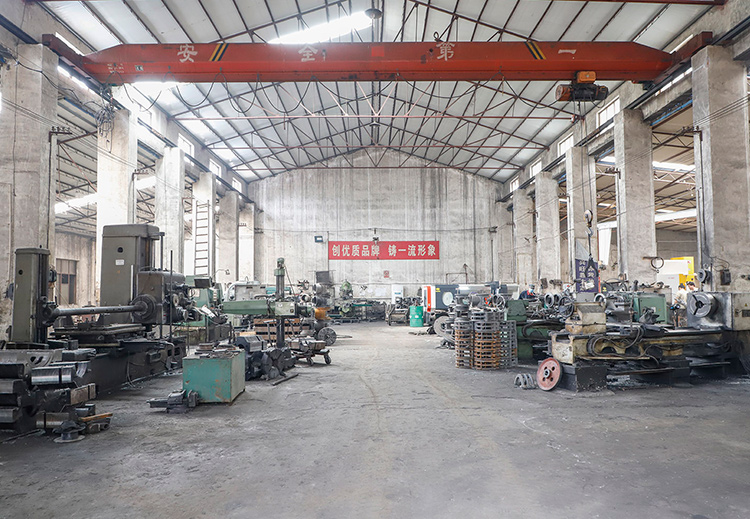dec . 04, 2024 12:51 Back to list
Rapeseed Oil Refining Plant Manufacturers and Their Key Operations Overview
Understanding Rapeseed Oil Refining Unit Factories
Rapeseed oil is one of the most widely used vegetable oils globally, known for its light flavor and high smoke point. However, before it reaches consumers, rapeseed oil undergoes a refining process to enhance its quality and safety. This is where rapeseed oil refining unit factories come into play.
The Importance of Oil Refining
Refining is crucial in the oil production process as it helps to remove impurities, free fatty acids, and unwanted odors from crude rapeseed oil. The refining procedure involves several stages degumming, neutralization, bleaching, and deodorization. Each of these stages serves a unique purpose
1. Degumming This initial step removes phospholipids and other water-soluble impurities. By adding water or an acid, these substances are separated from the oil, which enhances its quality and stability.
2. Neutralization Free fatty acids present in the oil can lead to undesirable flavors. Neutralization is achieved by using an alkali to react with these acids, forming soap that can be removed from the oil. This step is crucial to improve the oil's flavor and reduce acidity.
3. Bleaching The bleaching process removes pigments, color compounds, and other impurities that may affect the oil's appearance and quality. By using adsorbent materials such as activated clay or carbon, manufacturers can ensure that the final product is light in color and appealing to consumers.
4. Deodorization This final step is vital for eliminating any remaining odors and flavors that may be present after the previous processes. Steam distillation is typically used, where steam is passed through the oil at high temperatures, effectively removing volatile compounds.
rapeseed oil refining unit factories

The Role of Refineries
Rapeseed oil refining unit factories play a significant role in ensuring the availability of high-quality oil in the market. These factories often employ advanced technology and state-of-the-art equipment to ensure efficient and effective refining processes. The use of automation and precision technology not only enhances productivity but also reduces the chances of contamination, ensuring that the end product meets stringent safety standards.
Furthermore, many rapeseed oil refineries are focusing on sustainability. They are increasingly exploring methods to minimize waste and reduce energy consumption during the refining process. Using renewable energy sources and optimizing their operations can significantly lower the environmental impact.
Economic Impact
The production of refined rapeseed oil is also economically significant. It provides job opportunities in various sectors, including agriculture, manufacturing, and distribution. The rising demand for healthy cooking oils worldwide has led to expansions in rapeseed oil refining factories, underscoring the industry's importance in the global market.
Conclusion
In summary, rapeseed oil refining unit factories are pivotal in transforming crude oil into a product suitable for consumer use. Through a comprehensive refining process involving degumming, neutralization, bleaching, and deodorization, these factories ensure that the oil is not only safe but also appealing in taste and appearance. As the industry continues to evolve, embracing technological advancements and sustainable practices, rapeseed oil's reputation as a healthy cooking oil will likely endure, benefiting both consumers and the environment alike.
-
Sunflower Oil Seed Press Machine - High Efficiency, Durable & Cost-effective Extraction
NewsJun.24,2025
-
High-Efficiency Physical Oil Refining Unit - Leading Exporters & Trusted Companies
NewsJun.10,2025
-
High-Efficiency Animal Oil Refining Machine - Leading Exporters & Reliable Companies
NewsJun.10,2025
-
Camellia Oil Mill Machine for Efficient Oil Extraction Leading Exporters & Companies
NewsJun.10,2025
-
Premium Pressing Shaft for Oil Press Machines Exporters
NewsJun.10,2025
-
High-Efficiency Centrifugal Filters Durable Industrial Separation
NewsJun.10,2025
